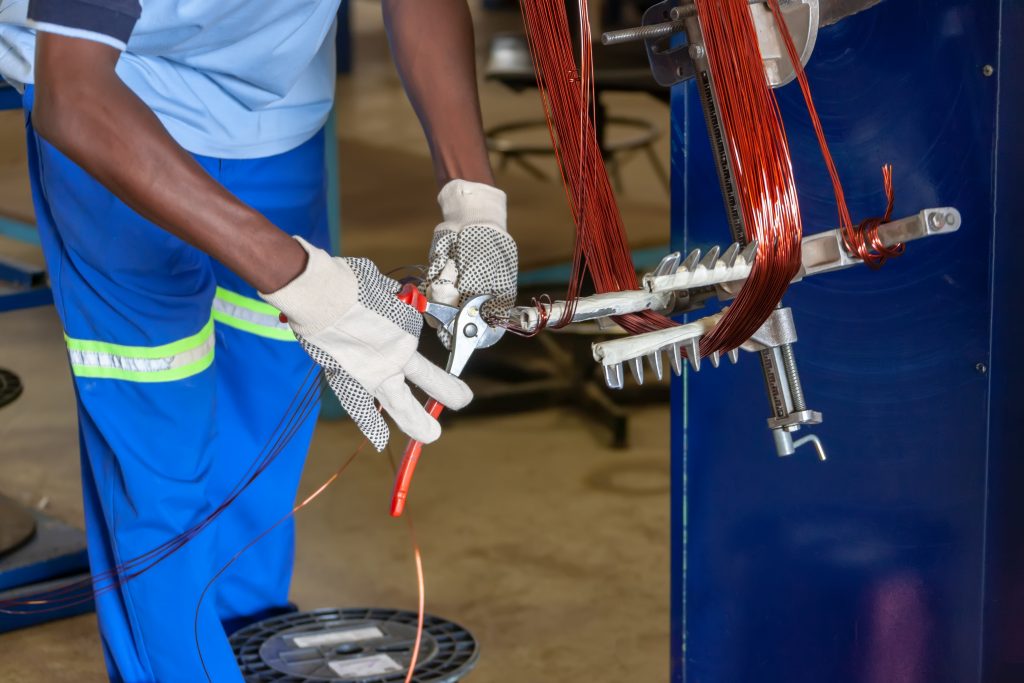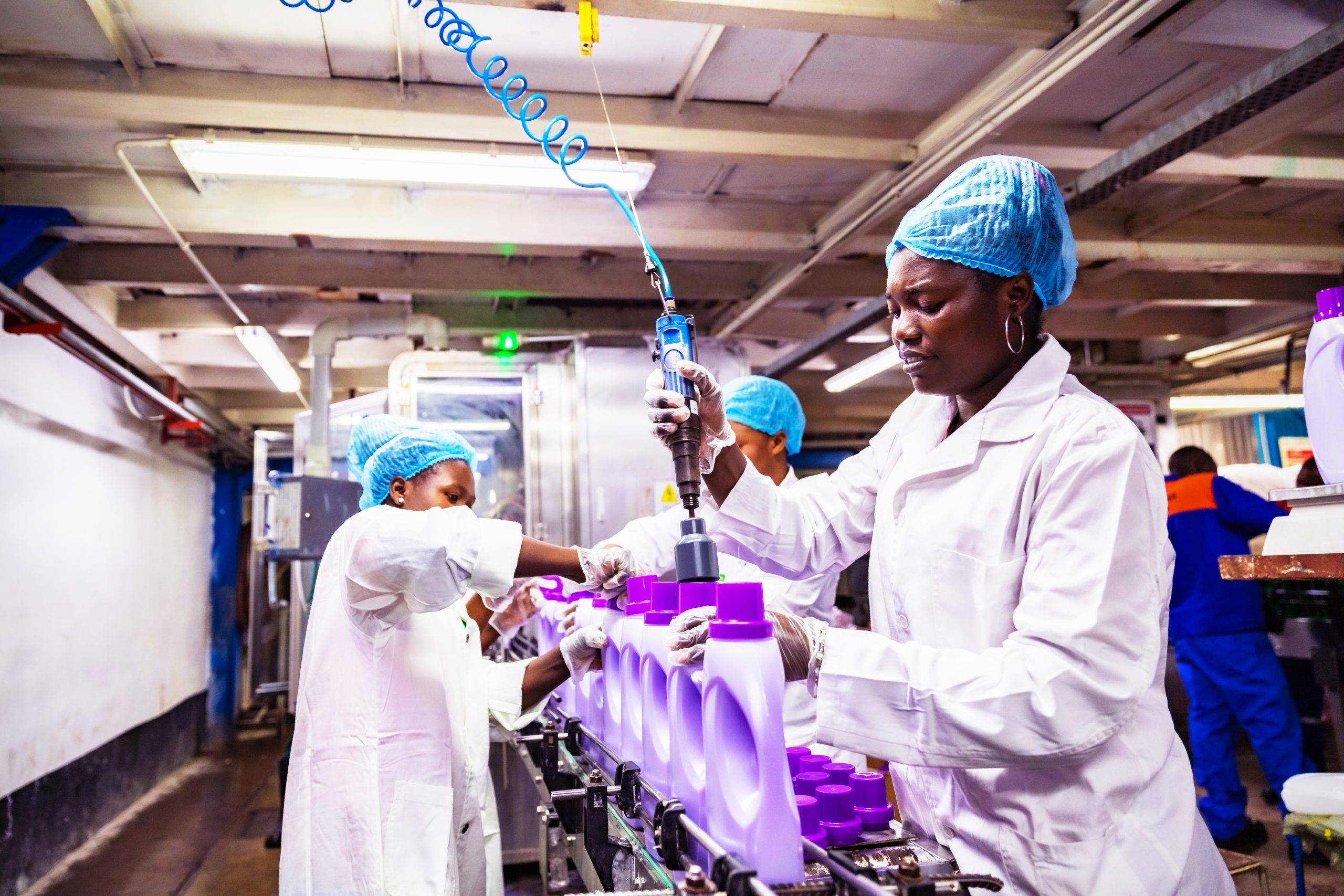Africa is without a doubt, a continent full of opportunities and a robust manufacturing sector is a key vehicle to propel development. While the manufacturing industry is widely viewed as a path to economic growth, it still faces a myriad of challenges that have tripled with the effects of COVID-19. However there is still hope as the continent moves towards a one bloc through the African Free Trade Agreement (AFCFTA).
It is projected that by the year 2030, manufacturing in Africa will reach $666.3BN, $201.28BN more than in 2015 according to Africa Growth Initiative at Brookings. “Manufacturing is set for a major transformation in the next few years across the continent, driven mostly by the fourth industrial revolution, and the desire for many African countries to substitute and cut on the import bill, says Salum Awadh, Chief executive officer SSC Capital and Global Investment Analyst.
Ethiopia for instance is known as the next frontier for textiles according to Van der Erve, the CEO of Erve Group. For years now it has continued to establish an export-oriented garment and footwear sector, with help from foreign investors who enjoy its duty free-importing opportunities. Notable fashion heavyweights H&M, Lee, Wrangler, PVH, JC Penny, New Look and Decathlon are getting their produce from Ethiopia which shows a major growth in industrialisation. “We have seen many African countries adopting the industrial and special economic zones, which will help to lower the investment costs, increase productivity, and increase the manufacturing contribution to countries’ GDPs” says Awadh.
While success stories in the manufacturing sector have been on the rise, it’s not all glittering gold. In 2019, Africa saw the launch of it’s first smart phone manufacturing company Mara smartphone, which was launched in Durban, South Africa. But just over two years after its launch, the company is empty and on auction with it’s founders suggesting they are trying to salvage what they can from the facility. Auction documentation show that the factory possessions, from furniture to equipment and already completed phones in storage have been taken over by two financial institutions.
During its launch President Cyril Ramaphosa termed it as “a great moment in South Africa’s drive to be a producer of advanced goods” .This launch was intimately linked to President Cyril Ramaphosa’s investment drive, and the government’s ambitions for South Africa to become a technology leader in Africa. What remains a major question is what went wrong for this android phone manufacturing company that had even opened its first store in Maponya Mall, Soweto.
At the time of its launch the company was said to have spent half of the R1.5BN investment in setting up the plant. While this could be part of the problem experts have always warned against investing in volatile financial environments where interest and exchange rates are not stable which would in turn impact the enterprise in a negative way.
“Investing in any place where risk factors are favorable and manageable is always the way to go. For example, placing a manufacturing plant in an environment where there’s macroeconomic stability, policy consistency and political stability. Now in order to get such proper business intelligence a thorough risk assessment is required” says Boniface Bwanyire a development expert based in Harare, Zambia.

Recently the automobile industry in Nigeria received a major boost by the entry of Dangote Peugeot Automobiles Nigeria Limited (DPAN) which launched its assembly plant in Kaduna state, which is a win for Nigeria’s manufacturing industry which continues to show that great strides are being made to better the sector and economy in general.
“We expect to see many international brands, from vehicles to consumer goods coming down to Africa and set their facilities here, as Asia is fading out as a potential cost-effective manufacturing destination. Many African countries and investors are now talking of building plants for electric vehicles, tech hardware, and processing of food products to replace the import bill of more than $30bn that the continent currently grapples with. The use of robotics, artificial intelligence, automation, and other aspects of the fourth industrial revolution will continue to drive the emergence of modern manufacturing facilities in Africa” notes Salum Awadh
In November 2021 at the Intra African Trade fair former Nigerian head of state Olusegun Obasanjo urged policymakers to create a Made-in-Africa brand that would promote intra-African trade and boost the international exports of products made within the continent. This is a phenomenon we await to see moving forward as more countries in Africa improve their manufacturing sectors.

